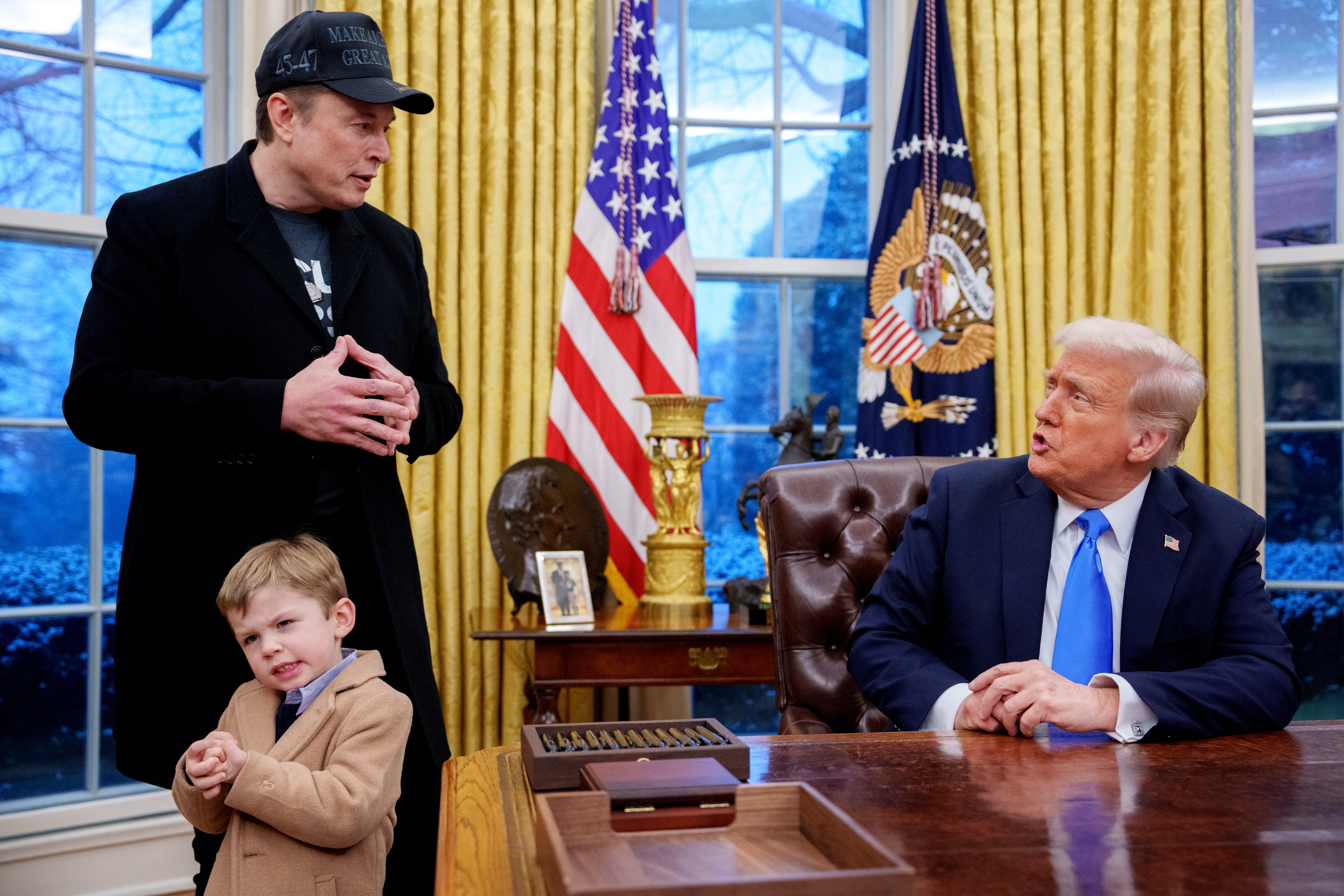
Elon Musk, the world’s richest person and CEO of Tesla, SpaceX, and the AI startup xAI, announced his departure from his government role on May 28, marking the completion of his 130-day tenure as a special government employee under the Trump administration.
Musk expressed gratitude to President Donald Trump for “giving the opportunity to cut wasteful spending,” reflecting on his leadership of the Department of Government Efficiency (DOGE), a federal initiative aimed at streamlining the sprawling bureaucracy of the U.S. government.
This announcement comes amid growing legal challenges facing Musk related to his time leading DOGE and intensifying demands from Tesla shareholders regarding his commitment to the company’s leadership.
Musk’s role in the Trump administration began early in January 2025, shortly after Trump’s re-election, when he was appointed to head DOGE, an agency focused on reducing inefficiency and waste within the federal government.

As a special government employee, Musk was legally permitted to serve only 130 days per year in this capacity. His departure at the end of May marks the fulfillment of this limit.
According to an unnamed White House official, Musk began the transition process on May 28, signaling a formal step back from the political arena to refocus on his business ventures.
During his tenure, Musk claimed to have worked tirelessly, revealing in an interview with Fox Digital News that he was essentially on duty “7 days a week, or almost 7 days a week.” His commitment was driven by a sense of urgency to overhaul a federal bureaucracy that he found deeply inefficient.
Musk publicly acknowledged that the federal government’s systems and processes were far more entrenched and resistant to reform than he had initially expected, noting the difficulty of implementing meaningful change amid political and institutional inertia.

Despite his efforts, Musk was critical of a recent spending bill championed by Trump, which was under consideration by Congress at the time. In an interview scheduled to air on June 1 with CBS, Musk expressed disappointment that the legislation would “undermine the work that the DOGE team is doing” by increasing the federal deficit rather than decreasing it.
This public critique further highlighted the growing tensions between Musk’s vision for fiscal responsibility and the political realities of the administration’s policy priorities.
Musk’s decision to reduce his government involvement comes as legal pressures mount. Multiple lawsuits have been filed in the United States alleging that Musk violated federal laws during his leadership of DOGE, signaling a potentially turbulent period ahead for the entrepreneur.
These legal challenges underscore the complexities and risks of navigating the intersection of private business interests and public governance. At the same time, Musk has faced increasing demands from Tesla shareholders.
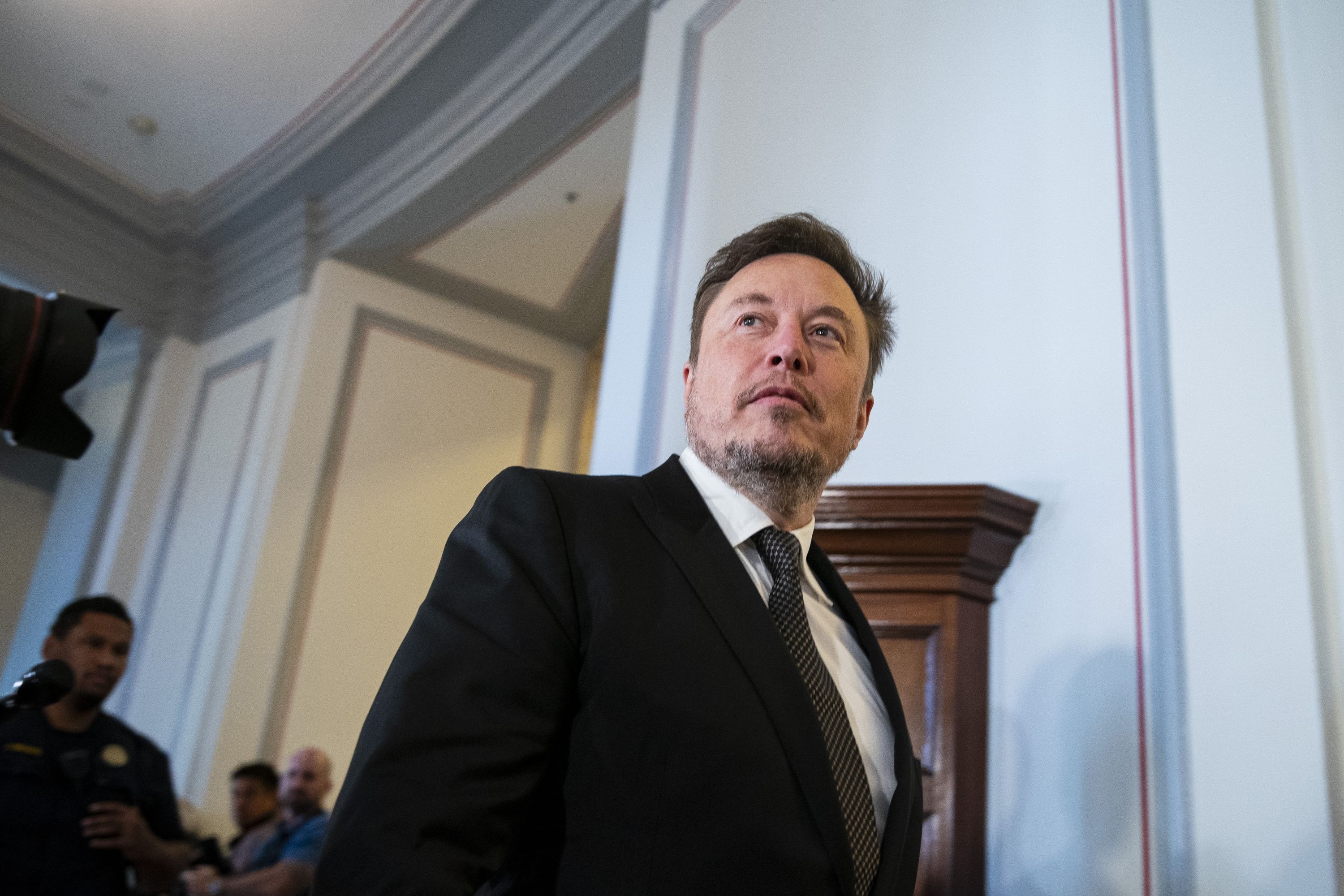
On May 28, leaders of several pension funds sent a letter to Tesla’s board of directors urging that Musk commit to spending at least 40 hours per week at Tesla’s electric vehicle manufacturing facilities as a prerequisite for receiving any future CEO compensation packages.
This demand reflects concerns that Musk’s divided attention—between his government role, multiple business ventures, and personal pursuits—may impact Tesla’s operational performance.
Throughout his time in government, Musk maintained a small office within the White House, signaling a continued, though reduced, engagement with federal affairs. However, he has indicated his intention to focus more on his core companies, particularly Tesla and SpaceX, which have seen significant growth and face important challenges in the coming years.
Musk’s shift away from government work may allow him to devote more energy to these enterprises and their ambitious goals, including advancing electric vehicle technology and pioneering space exploration.

Musk’s exit from government service is part of a broader trend of tech entrepreneurs dabbling in politics, often with mixed results. His experience highlights the challenges of applying Silicon Valley efficiency models to the complex machinery of the federal government, where entrenched interests and bureaucratic obstacles frequently slow reform efforts.
While Musk’s tenure was marked by bold ambitions and rapid initiatives, the legal and political hurdles he faced ultimately constrained his ability to enact the sweeping changes he envisioned.
The transition also marks a return to a more traditional role for Musk as a business leader. His companies are positioned at the forefront of technological innovation, and his renewed focus on them comes at a critical time.
Tesla is expanding its electric vehicle production and global reach, SpaceX continues to push the boundaries of space technology, and xAI seeks to make significant strides in artificial intelligence research. Musk’s leadership will be crucial in steering these companies through the technological and competitive challenges ahead.

As Musk steps away from his government responsibilities, questions remain about the lasting impact of his tenure at DOGE. While he has claimed progress in reducing waste and fraud, some critics argue that the reforms were superficial and failed to address deeper structural issues within federal agencies. Musk himself has acknowledged the uphill battle involved in government reform, indicating that much work remains to be done.
Looking forward, Musk’s retreat from politics may reduce some of the distractions that have accompanied his high-profile engagements outside the corporate world.
Shareholders and analysts will be watching closely to see if Musk’s increased presence at Tesla’s manufacturing facilities translates into improved performance and innovation.
The legal challenges stemming from his government service may complicate matters, but Musk’s entrepreneurial spirit and capacity for risk-taking suggest that he will continue to be a formidable figure in both business and technology.
In summary, Elon Musk’s departure from his government role after the 130-day limit reflects a strategic shift back to his core enterprises amid growing legal and shareholder pressures.
His tenure at DOGE was marked by ambitious efforts to streamline federal bureaucracy, public critiques of administration policies, and a deep engagement with government operations.
Now, as Musk turns his attention fully to Tesla, SpaceX, and other ventures, the consequences of his government service and the future of his companies remain subjects of intense interest and scrutiny.
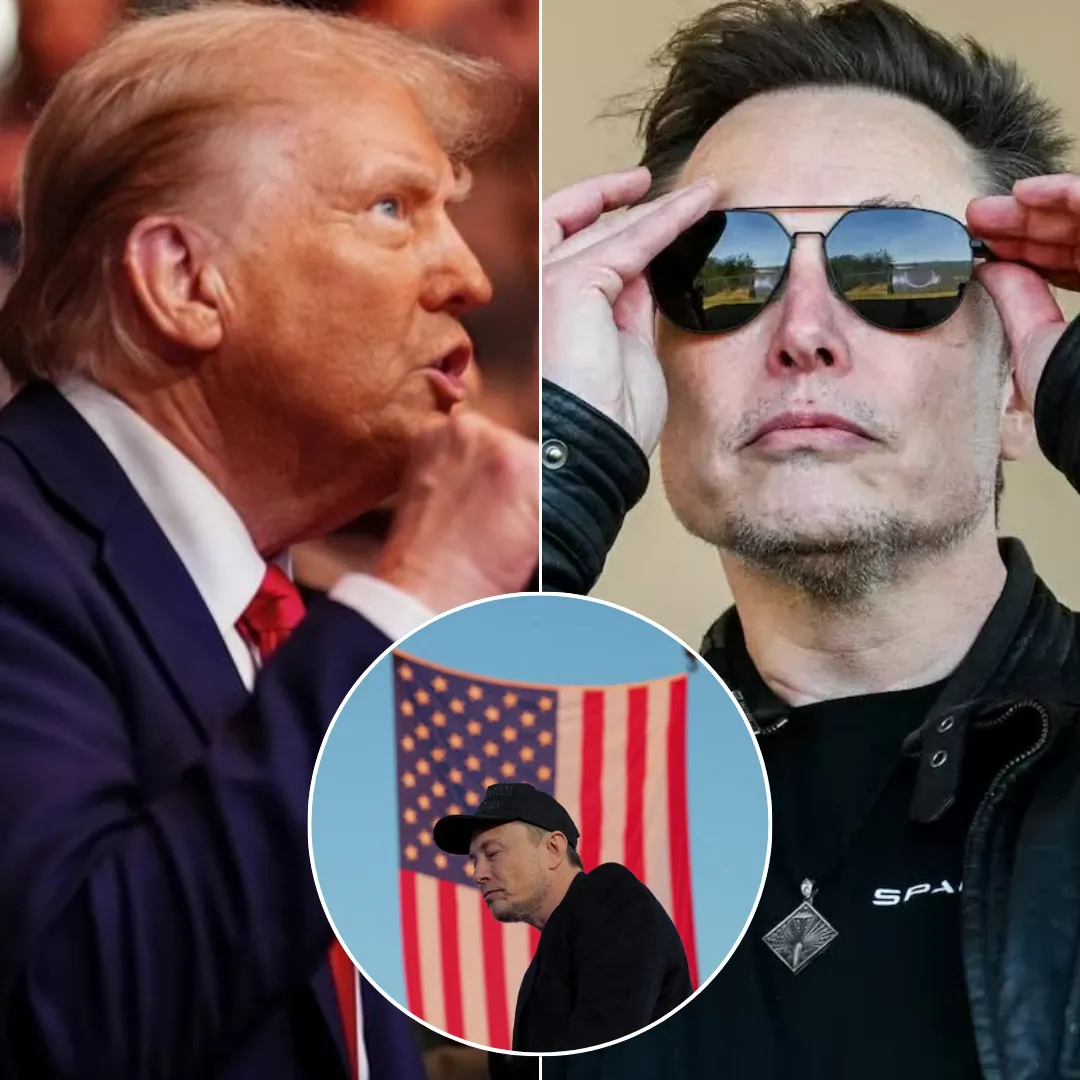
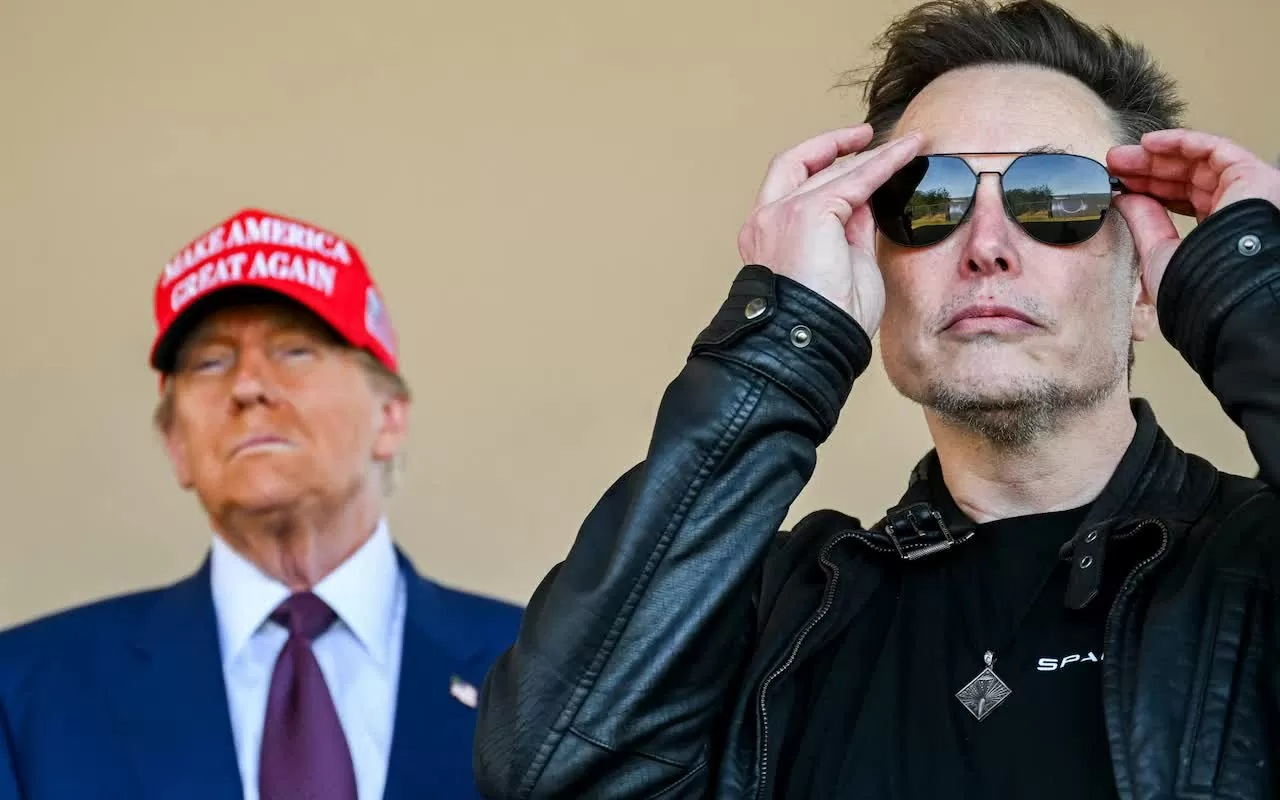

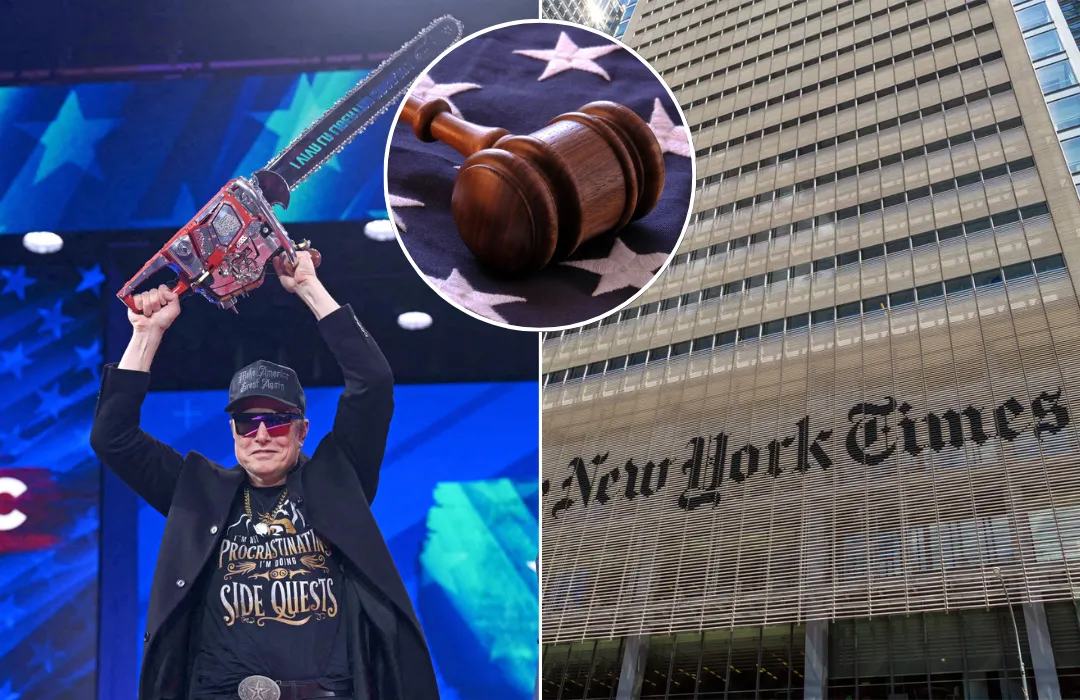
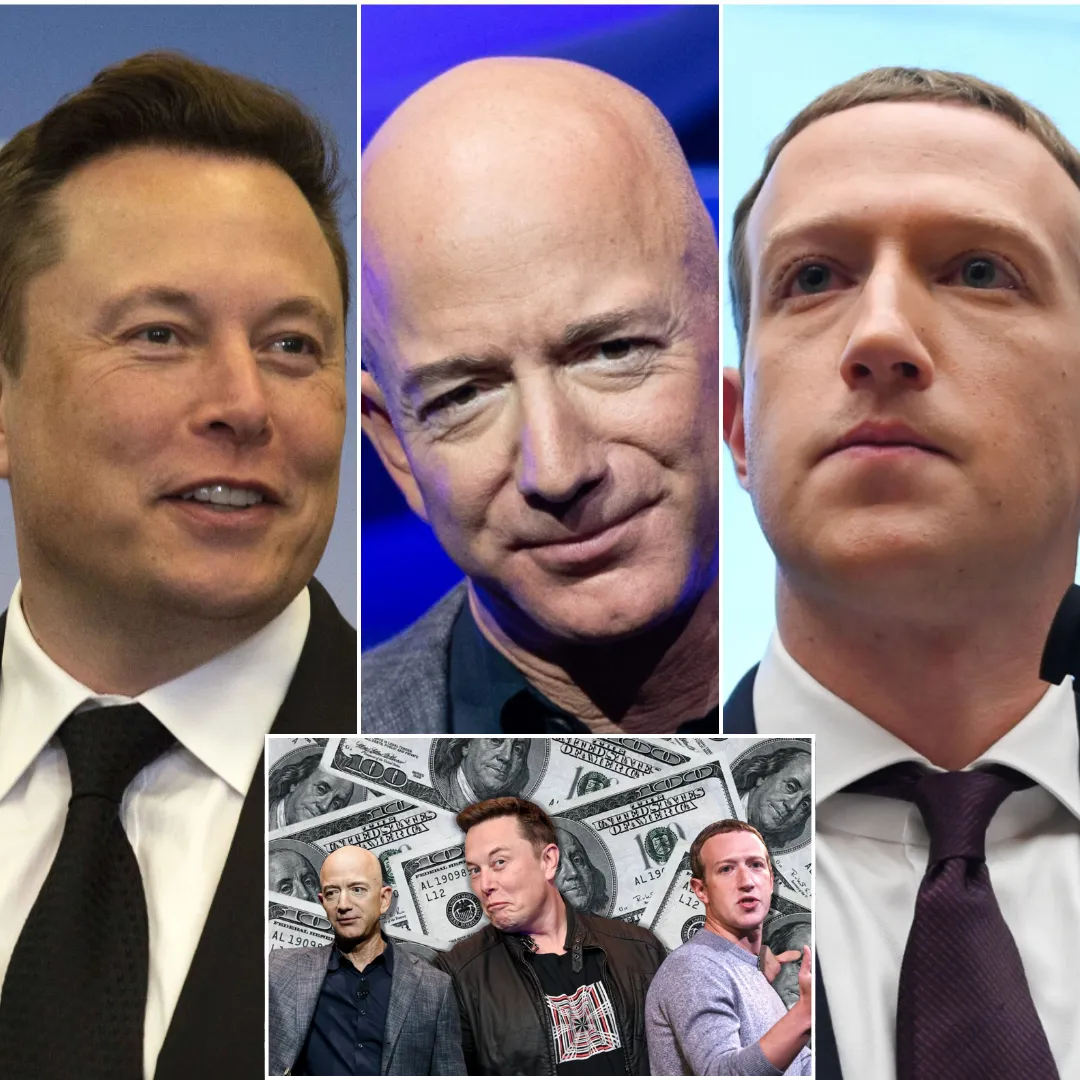
-1750951454-q80.webp)